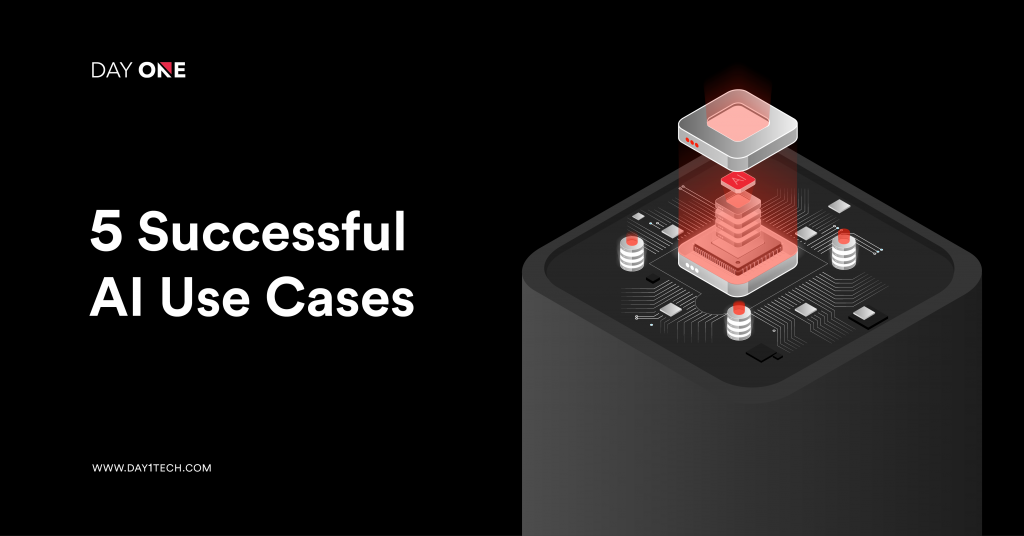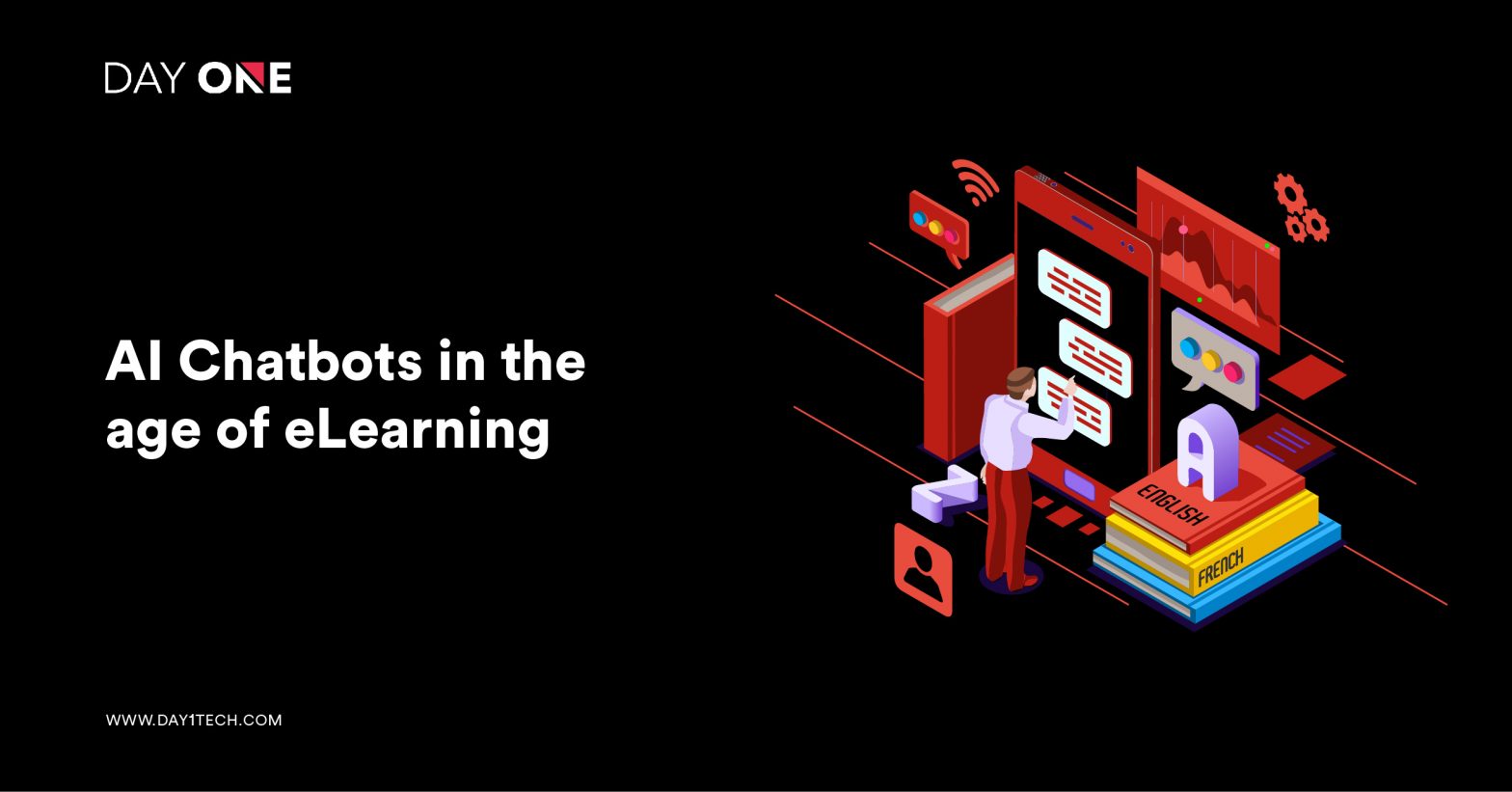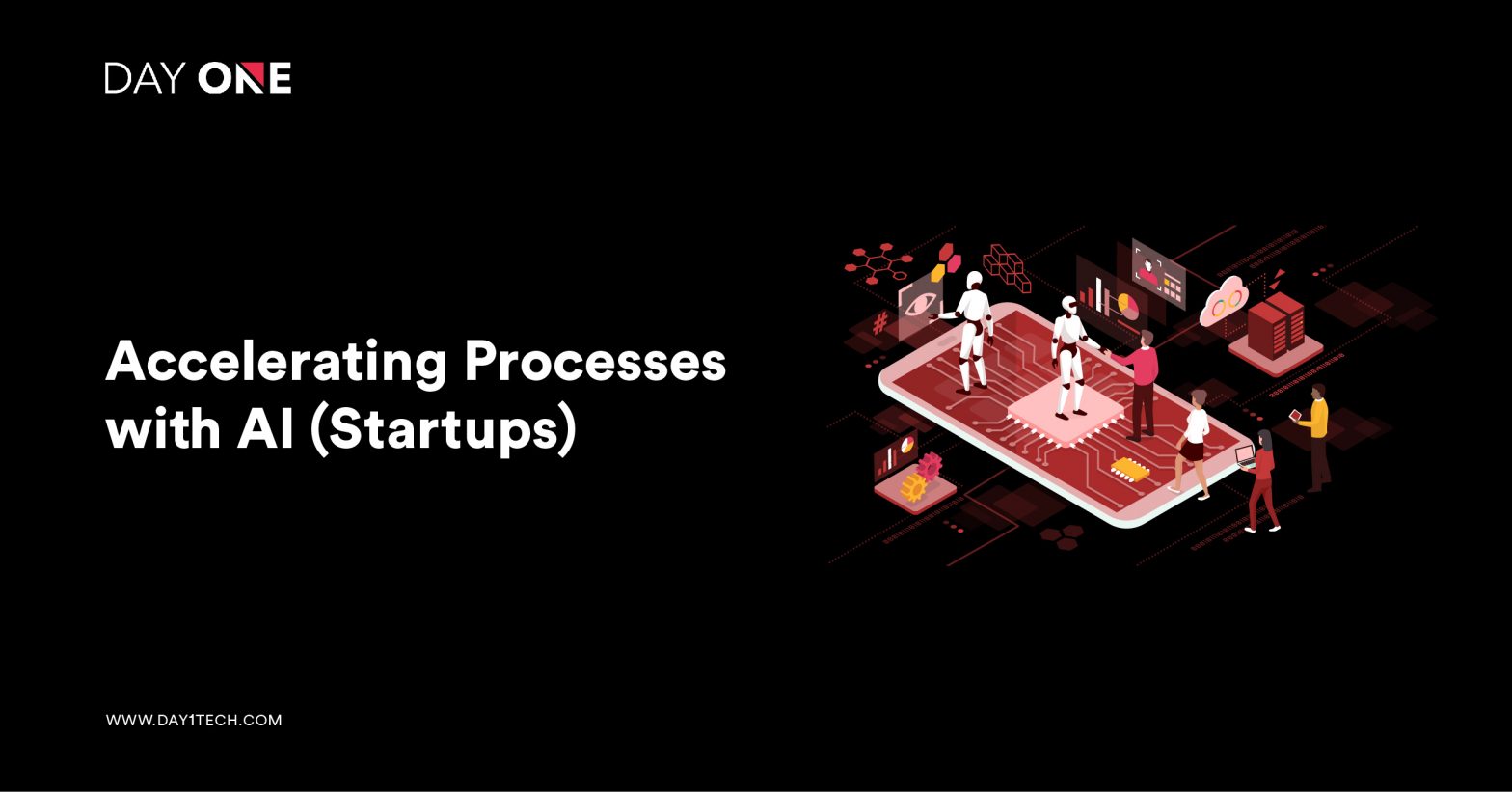5 AI Use Cases to drive strategic AI implementation
admin
Artificial Intelligence
June 1, 2021
5 min read

We are living in very interesting times. On one hand there is breakthrough innovation in technology taking place, developments in Artificial Intelligence and Machine Learning, new solutions to old problems being discovered, while on the other, we are identifying smarter solutions to tackle resource challenges, costs, procurement and supply chains. Not surprisingly the gamut of AI use cases in business has also grown in an unprecedented manner. The array of business challenges that AI can be applied to solve is vast, and with more businesses getting ready to onboard AI into their processes, we can only expect the returns from AI investments to grow manifold.
With the spectrum of benefits of AI implementation expanding beyond professional spheres, with everyday application of Artificial Intelligence growing by leaps and bounds, it’s time for us to look into the numerous aspects of how and when AI is the right choice for businesses.
Let’s start that by understanding what AI use cases are and why we need them?
What are AI use cases and why businesses need them?
First things first: What is a use case?
The concept or term use case is mostly applied to business processes and systems engineering. It involves an actor or role and a goal that has to be achieved, and refers to documenting the sequence of actions or steps taken describing the interactions leading to achieving that goal (Source: Wikipedia).
That brings us to the next question: What do businesses need use cases?
Use cases are very important for businesses. A well documented use case that guides teams, especially software development teams, to identify and understand where errors are likely to occur, and the necessary steps required to avoid them, can fastrack development and save costs by leaps and bounds.
Considering the emerging nature of Artificial Intelligence in business, use cases of AI are all the more important. Examples of AI use cases are few, and as more and more businesses are including AI into their business practices, we can hope that soon there will be a robust pool of use cases, to help businesses in the future.
With that understanding, here’s a look at five examples of real-world artificial intelligence use cases applied by global businesses:
5 Use Cases and Applications of Artificial Intelligence that have transformed businesses
AI use cases for Consumer Goods: The story of the soft-drink beverage giant
Coca-Cola, the global beverage giant has been one of the pioneering companies using Artificial Intelligence. With a product portfolio that involves exporting over 500 products to more than 200 countries, AI has helped the company collect and analyze massive amounts of data, to understand customer preferences, buying behaviors, trends, and work on new product development. This has helped them in documenting numerous business AI use cases that help them across product innovation, new product development, sales and marketing and more.
For instance, the company has new-age vending machines installed that are powered by AI algorithms to better understand consumer behavior. This supports their overall strategy of using AI to understand purchasing behaviour, vis-a-vis product and location. This complements the use of recommendation engines for retail so as to promote the best offers and discounts unique to that audience group. The vending machines even come with the option of ‘altering their mood’ according to the persona of the consumers and place.
Greg Chambers, the company’s Global Director of Digital Innovation is known to have said, “AI is the foundation for everything we do. We create intelligent experiences. AI is the kernel that provides that experience.”
Banking and AI software use cases: Fraud detection done right
The impact of Artificial Intelligence in banking has been more profound and mainstream. From using artificial intelligence for developing mobile apps, to supporting customer experiences through chatbots, banks have been one of the earliest adopters of this disruptive technology.
For instance, North America based Citibank, the consumer wing of financial services Citigroup, has invested heavily in artificial intelligence projects. Among their more recent investments is their investment in Feedzai, a fraud and anti-money laundering vendor, so as to integrate its software into its fraud detection processes. The software is designed to monitor a user’s payment pattern and take note of any deviations. This could be in the form of a large transaction or a new location. The idea of integrating with the platform is to offer value to Citi’s global customers.
AI use case application in Manufacturing: The fast and furious world of automobiles
When we think of AI in manufacturing, especially in the automotive sector, Nissan is one brand that comes to mind. Nissan came up with the novel Predictive Forward Collision Warning feature for its vehicles. The sensors in the car can analyze the speed and distance of the vehicle in front as well as that of the next preceding vehicle. If either of the two vehicles in front would behave in a manner that would force the Nissan driver to brake suddenly, a visual alert and an audible signal would be sent to the driver.
With the help of prominent machine learning algorithms, the company runs an AI predictive maintenance platform. The platform has offered them an unplanned downtime reduction of 50% and scaled the solution from 20 critical assets to thousands without increasing the workload of the Product Data Management team.
Retail sector examples of use cases in AI: From customer satisfaction to filling in empty shelves
The range of benefits of using Machine Learning in business has been on a steady rise with industries across financial services, healthcare, education etc. learning to leverage it. Retail has been no different.
Walmart, the world’s second-largest retailer, is using big data, machine learning, artificial intelligence, and IoT, to provide shoppers with a seamless experience. The goal is to provide the customer with an online customer experience while they are in the store.
Walmart is not only helping with providing an amazing shopping experience, but it is also tracking customer satisfaction by using facial recognition software! When a customer is unhappy, the software recognizes the sentiment. An employee is thereof informed of the distress, so as to talk to the unhappy customer and lessen the annoyance.
There are several other interesting instances of Walmart using Artificial Intelligence in the retail sector such as deploying AI-powered scanners to scan shelves for count. These ‘autonomous scanners’ travel along the aisle and capture required data. Powered by computer vision and deep neural networks it also scans barcodes to analyze items. With this, Walmart is intelligently reducing challenges of empty shelves.
Hospitality AI use cases: Bringing in next-gen Voice support
The hotel industry is leveraging the power of robotics and artificial intelligence increasingly with the applications finding its way into a number of verticals.
Wynn Las Vegas, a posh hotel located in the heart of Las Vegas has recently announced its intention to integrate with Amazon Echo for its 4,748 hotel rooms to offer customers value-added services through voice. With guests having the ability to control room lighting, TV, air conditioning and other features, guests will be able to customize the room environment as per their preferences.
Thoughts on future prospects of AI in business
Currently, AI, ML, Blockchain, and other disruptive technologies with its innovative and dynamic capabilities are game changes in the world of business. With more use cases of AI being discovered, top AI development companies are offering customized solutions for businesses.
The important aspect here is that with more businesses incorporating AI, it is likely that more business challenges will be identified that can be resolved with AI. And that’s good. With the world already facing resource challenges, cost hurdles, supply chain obstacles, it’s time to get more out of AI.
As a leading AI solutions provider, at Day One Technologies, we believe that the era of Artificial Intelligence has just begun, and the ride is going to be a very interesting one.
Explore More Blogs
Testimonials What customers have to talk about us
Finch (previously Trio) – Growth with Investing, with benefits of Checking
Reading Time: < 1 minThe Finch (previously Trio), one of our clients today has reached this level with our expertise and with a great team of developers in Day One, who have made every stone unturned in making this project a big success.
Neel Ganu Founder
USA
Vere360 – VR based Immersive Learning
Reading Time: < 1 minDay One helped Vere360 “fill skill gaps” and build a platform that would cater to their niche and diverse audience while seamlessly integrate the best of #AI and #VR technology.
Ms. Adila Sayyed Co-Founder
Singapore
1TAM – Video Blogging Reimagined
Reading Time: < 1 min‘1TAM’ was only for iOS with gesture-based controls, advanced video compression techniques, and a simple architecture that allowed actions to be completed in 2-3 taps. The real challenge for ‘1TAM’ was to keep it distinct which bought brilliant results with all the strategies and approaches implied for best video compression techniques.
Anwar Nusseibeh Founder
UAE
Fit For Work – The Science of Workplace Ergonomics
Reading Time: < 1 minDay One Technologies came with the expertise that was required and helped in building a platform that is edgy, functional, and smart, delivering engagement and conversions at every step.
Ms. Georgina Hannigan Founder
Singapore
SOS Method Meditation for ‘Busy Minds’
Reading Time: < 1 minDay One Technologies helped in building an innovative mobile app (for #iOS and #Android) that’s easy-to-use, engaging, and data-driven to help users reap the most at every point.






